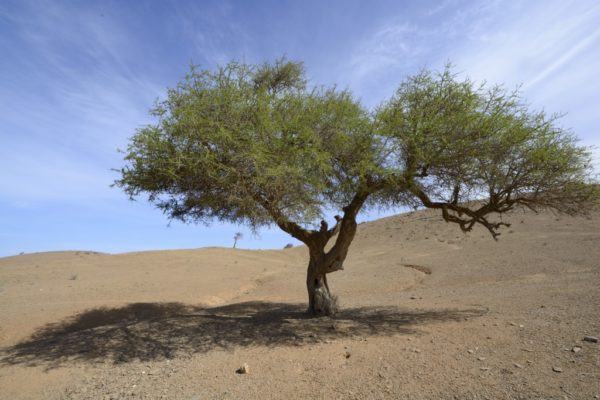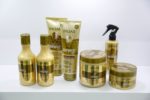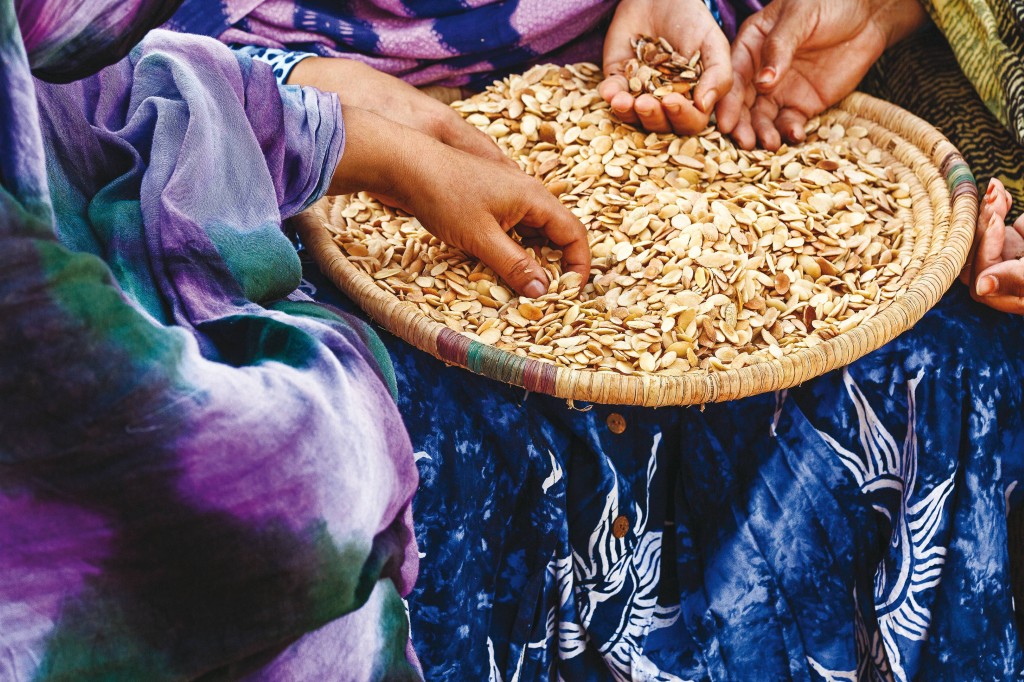São Paulo – Lines focused on hair hydration are some of the highlights of Brazilian exports to Arab nations. But one of the most popular items inside made-in-Brazil packages comes, oddly enough, from one of these countries. The argan oil is extracted from a tree that grows in Morocco.
Brazilian company Inoar Cosméticos is an example of a brand whose leading exports to the Middle East and North Africa (MENA) region feature argan oil. “Argan oil is very popular across the world, but it’s best particularly in the Arab countries it’s best known. They recognize its quality, its performance, its fragrance, and its raw material. Therefore, the argan line is really popular there,” said Horário Lira, Foreign Trade director at Inoar Cosméticos.

The firm even wants to boost its exports to the region. “The [Arab] bloc is crucial for Inoar. We are constantly seeking to expand. We have a very relevant foothold in some countries and we’re investing in increasing it, for instance, in Morocco,” Lira pointed out.
Other products that the firm invests in focused on Arab countries are options regarding hair care like Thermoliss and DayMoist. “These are products that are widely accepted across all countries. And in the Arab world they’re very popular both among professionals, who use the salon line, and consumers, who use the daily care line,” he said on the premium lines.

Another firm that exports argan oil cosmetics is Agilise. The argan-based products are sold to various nations, including Arab countries like Iraq, the United Arab Emirates, Libya, Morocco, and Saudi Arabia. “Not to mention that some of these products are hugely popular in our store in Dubai,” said Caio Lopes, the head of exports at the company.
The Brazilian company has the ingredient in products of different lines like the Açaí Nourishing Mask, the Pro-Age Regenerative Mask, K1 Straightener Pérola, Leave In, and the Home Care K1 Pérola line (shampoo and conditioner).
Despite the good results of these products, the executive sees an opening in the Arab market for other ingredients, too. “We’ve seen a higher demand. Now, I believe due to the ease of dinging information, we’ve seen demand for various oils, extracts. Beyond argan, there’s also ojon, macadamia, and guava, for instance,” said Lopes.
The raw material is also present in products by other Brazilian firms like Korban Professional and O Boticário.
Back to Morocco
The country where the argan oil came from is a top destination for hair products from Brazil. Year to date through April, Morocco was the fourth leading Arab buyer of this Brazilian industry.

Lira believes its importance is derived primarily from the country’s relevance in North Africa. The nation was previously responsible for a larger share of exports from Inoar. Now the brand wants to get back these results to manage to make room in neighboring markets like Algeria and Tunisia. “These are countries that really interest us and have received many of our products through indirect channels like people who live in Europe who discovered and like our brand and sent it back to their countries of origin,” said the director of Inoar.
The goal is now to reproduce in North Africa actions like the ones that were developed in nations like Iraq. “Our importer there holds training sessions with very beautiful presentations in prestigious hotels, and the brand is considered upscale,” he explained.
Expansion
Despite the work that has been developed in the region, Lira sees a huge room to grow. His plans include giants like Saudi Arabia, where Inoar still doesn’t export to. “It’s been on our radar. We’ve had some consultation in Gulf states,” he said.

Another market that’s in the opening process is Egypt, where there were orders for the firm’s cosmetics. “The product is widely accepted in that region. It’s only a matter of time to get it to where it hasn’t come yet,” said Lira.
Now Inoar exports to over 40 countries and has a portfolio of 300 products. To make the consumer know the brand, executives reveal they focus mainly on the relationship with its representatives. “The most important thing is having a good partner. We carry out a careful analysis, as we bet that our partner will advance the product in the local market. And for us this is very important because the more we sell the product overseas, more people will sell it here, too,” said Mauro Sato, Foreign Trade analyst at Inoar.
Translated by Guilherme Miranda




